Please login or click here to join.
Forgot Password? Click Here to reset pasword
The origins of St.James's Palace lie deeply rooted in the reign of King Henry VIII, it was the King who started the building of the original palace in the year 1531. Following the destruction of Whitehall Palace, St.James's became the principal London residence of the monarch, even today the tradition of Foreign ambassadors appointed to the Court of St.James still exists.
Still visible above the Gatehouse facing St.James's Street (which is the main remnant of the Tudor building) are the carved initials of Henry VIII and Anne Boleyn. Another relic from this period is The Chapel Royal, this was greatly altered in 1837, but still retains its original Holbien ceiling. This beautiful chapel has been the scene of several Royal marriages, including those of William III and Mary II, Queen Anne, George IV, Queen Victoria to Prince Albert, and George V.
On the feast of the Epiphany (January 6th) a service is held in the chapel at which an offering of gold, frankincense and myrrh is made on behalf of the Sovereign by two Gentleman Ushers of the Court. St.James's Palace is also where the proclamation of a new sovereign takes place, this is made by the Garter King of Arms from the balcony above Friary Court.
Charles II was born here, when he became King he commissioned Wren to build state apartments facing the park. Several monarchs have been born in these apartments, these include James II, Mary II, Queen Anne and George IV. Prior to Queen Victoria moving the court to the more suitable Buckingham Palace, George IV had employed Nash to redecorate.
Today, St.James's Palace is still considered the senior Royal palace, it contains a magnificent throne room used for state occasions, and the London residences of senior members of the Royal family. Most latterly, the Queens Chapel at St.James's Palace was used as a resting place for the coffin of Her Majesty the Queen Mother, prior to the Lying in State at Westminster Hall.
This is very much a private, living working palace and as such is not open to the public.

in the county of Greater London
(0.3 miles, 0.4 km)One of the Capital's most noted places, Piccadilly sweeps uphill with handsome houses on one side and Green Park on the other...
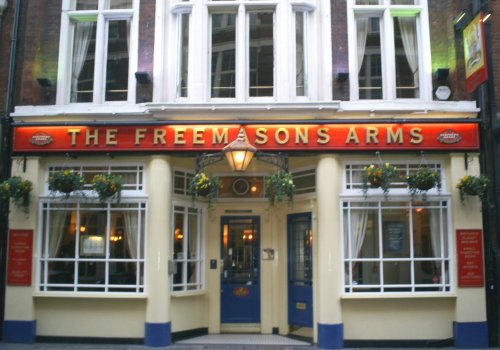
in the county of Greater London
(0.4 miles, 0.7 km)Of all the jewels in the City of Westminster, none shines more brightly than Westminster Abbey, stunning setting for the coronation of almost every English monarch since William the Conqueror was crowned there in 1066...
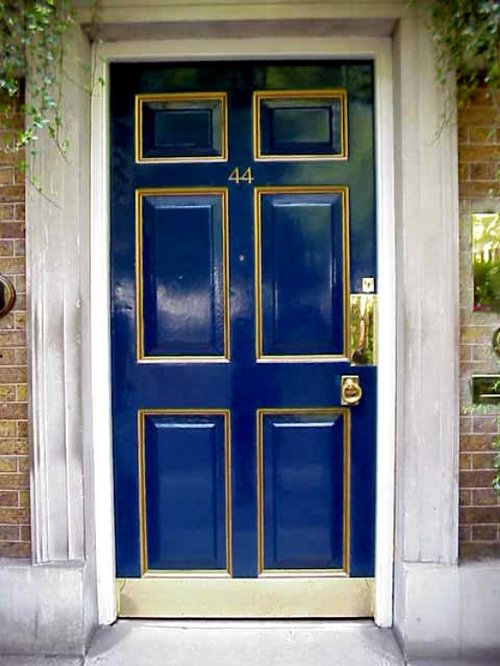
in the county of Greater London
(0.6 miles, 0.9 km)Mayfair has it all, it is the haunt of the rich and famous, with elegant houses and apartment buildings that are the sole province of the wealthy...

a Historic City in the county of Greater London
(0.6 miles, 1.0 km)London is one of the top cities in the world, full of history and so many beautiful and fascinating places to visit.You will never tire of all the many fascinating and exciting.....
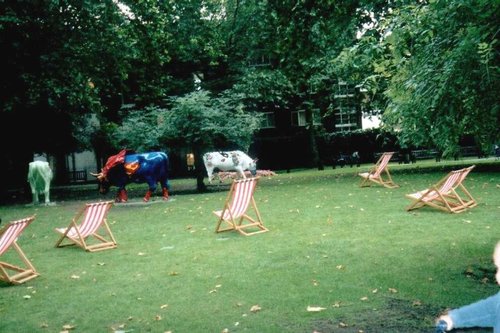
in the county of Greater London
(1.1 miles, 1.8 km)Marylebone is one of London's more affluent area's, it is home mostly to the well to do, and yet only a couple of centuries ago a large workhouse was built here to give shelter to the poor and homeless, often foundlings were discovered on the workhouse doorstep...
All towns in Greater London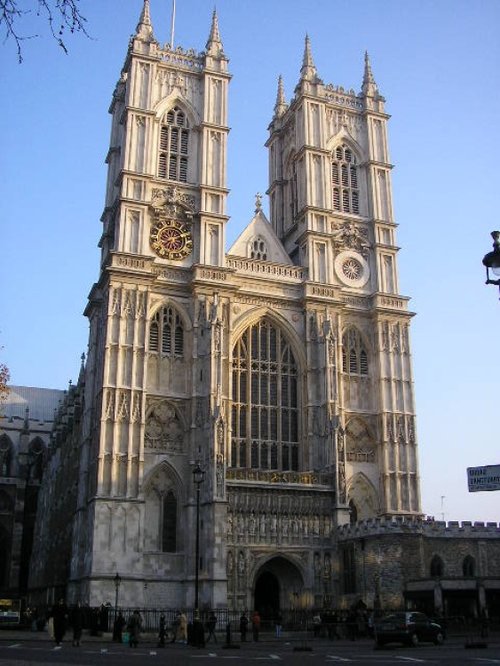
Westminster Abbey is world famous for being the resting place of centuries of British monarchs, and as the place where.....
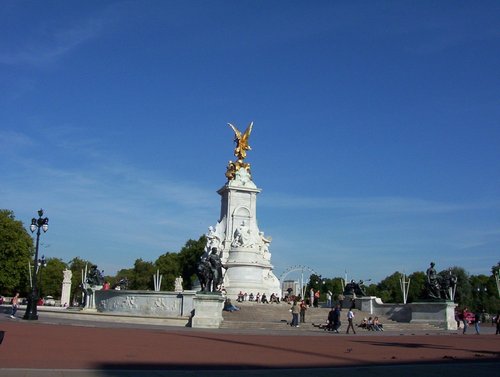
The grand memorial statue to a great Queen and Empress standing almost at the doorway of Buckingham Palace, is best appreciated.....
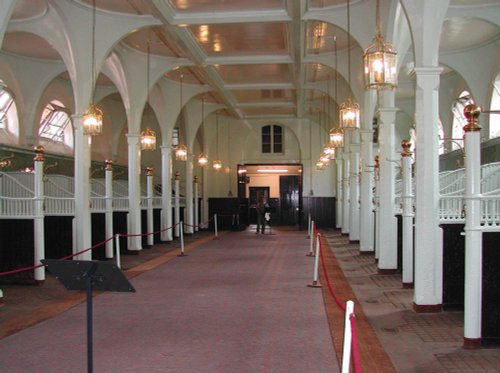
The Royal Stables at the side of Buckingham Palace, London. Established by George III in 1762 and Redesigned by John Nash in 1825.....

Buckingham Palace is the first home and office of the Royal family in England, and has been the home to British sovereigns since.....

For over 200 years, the Royal Institution of Great Britain has been 'diffusing science for the common purposes of life'. A range.....